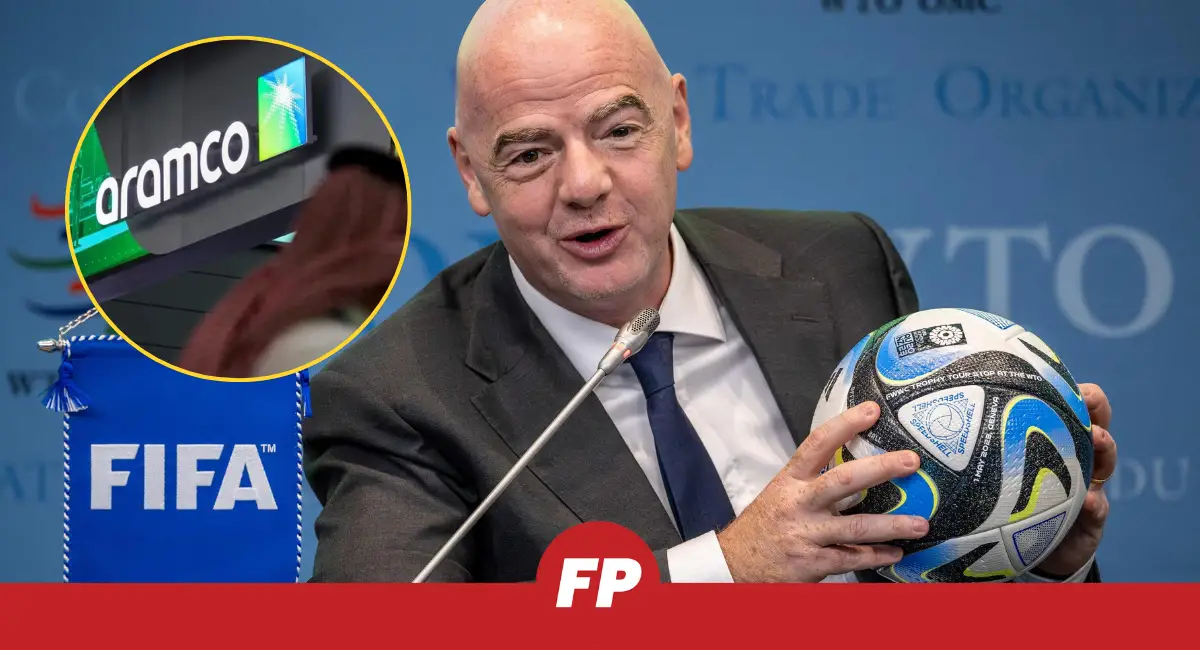In a groundbreaking move aimed at combating anti-Semitism within the realm of football, Italy has implemented a ban on players wearing the number 88 other shirt.
The initiative, supported by members of the government and the Italian Football Association (FIGC) President Gabriele Gravina, was officially signed into effect on Tuesday.
The number 88 is considered by many as a covert reference to a German Nazi slogan, and this measure seeks to eradicate any potential associations with hate and discrimination from the sport.
The agreement goes beyond the number ban and also includes provisions for the interruption of games in response to anti-Semitic chants, acts, and expressions.
This proactive approach signifies a significant step forward in addressing the prevalence of discrimination within Italian football.

The Italian Interior Minister, Matteo Piantedosi, emphasized the importance of taking action against such prejudices, stating, “It is an adequate and effective response to an intolerable prejudice that still too often manifests itself in our stadiums.”
Anti-Semitism remains a persistent issue not only in football but also in society at large. By implementing this ban, Italy is sending a strong message that it will not tolerate any form of hate or discrimination.
The decision to target the number 88 is due to its well-known association with neo-Nazi ideologies. The ban is a tangible step towards ensuring that football remains an inclusive and welcoming environment for all, irrespective of their background or beliefs.
The Italian government and FIGC recognize that this initiative is just the beginning of a comprehensive strategy to combat racism and discrimination within sports.
The signed declaration of intent serves as a foundation for a broader document that will address and prevent all forms of discrimination within the realm of athletics.
By doing so, Italy aims to create a society where every individual, social group, and minority is respected, included, and free from discrimination.
This move follows recent incidents of anti-Semitism in Italian football. During a match between Lazio and Roma in March, a fan wearing a Lazio shirt with the number 88 on the back sparked controversy.
Lazio, determined to address the issue seriously, responded by banning the three fans involved in that incident from attending games at Stadio Olimpico for life.
Such actions highlight the determination of both clubs and authorities to eradicate hate from football.
Italy’s bold step in banning the number 88 and taking a strong stance against anti-Semitism sets an important precedent for other countries and sports organizations around the world.
It demonstrates the collective will to foster an environment where diversity is celebrated and discrimination has no place.
By addressing these issues head-on, Italy is leading the way in making football a vehicle for unity, respect, and inclusivity.
It is essential to remember that the fight against anti-Semitism is not confined to the realm of football alone.
The lessons learned from this initiative can and should be applied in other sports and aspects of society to combat all forms of discrimination.











